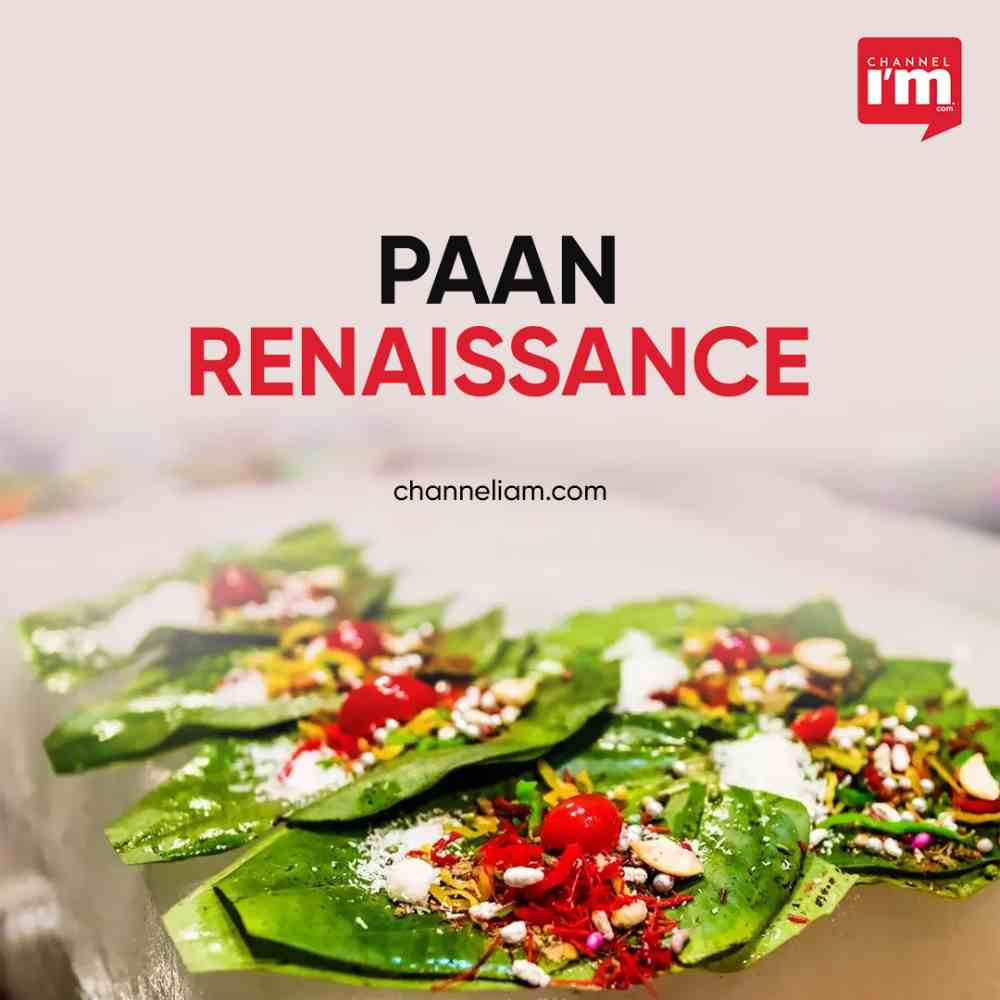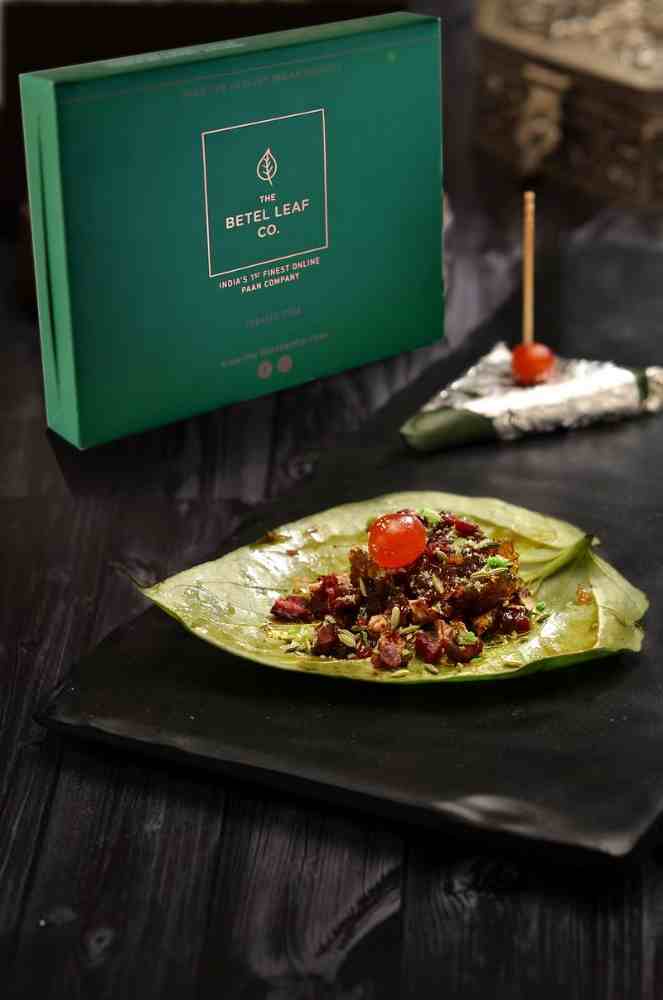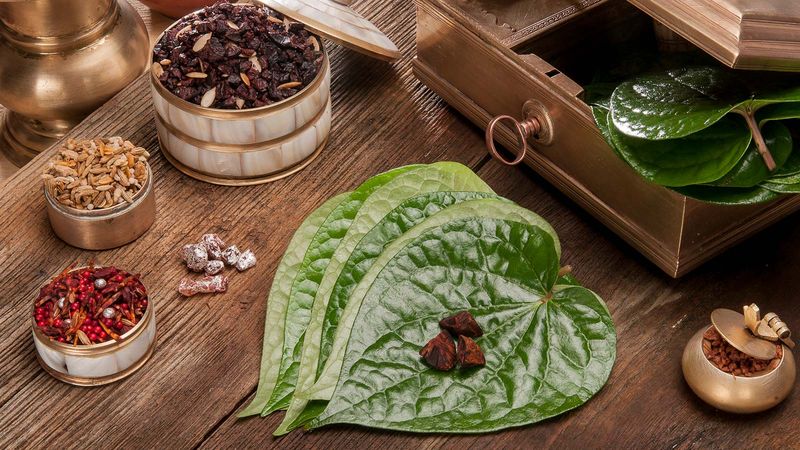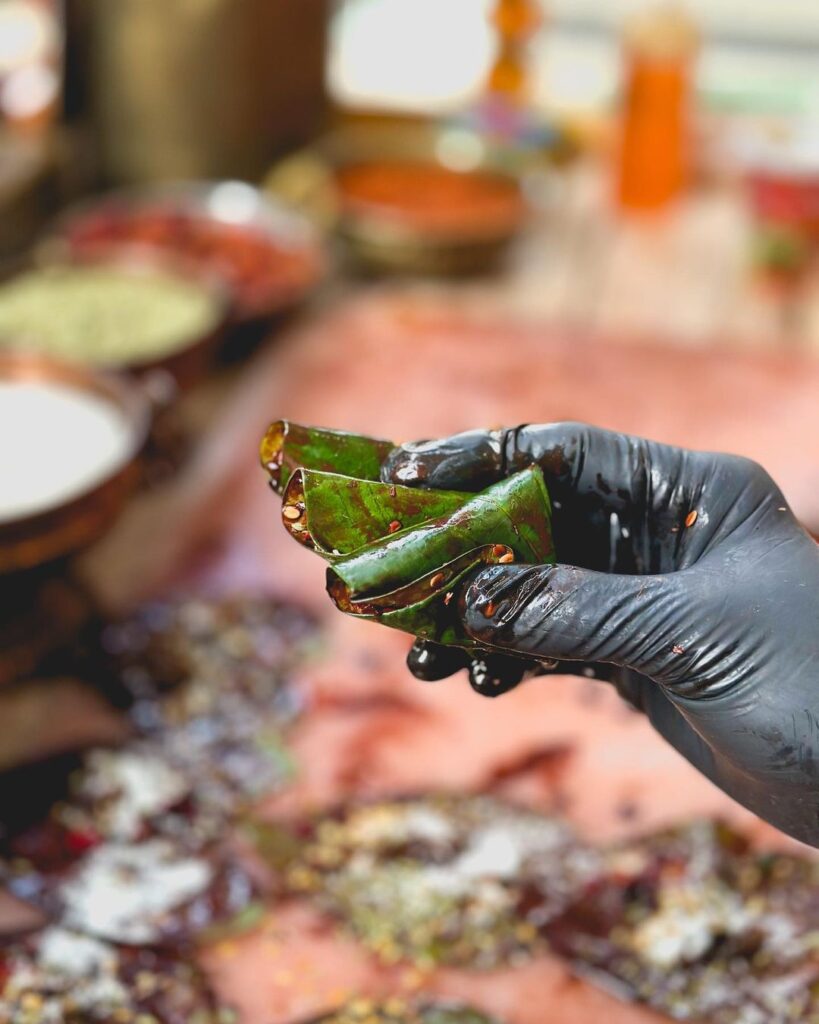For most people, paan or betel leaf consumption has been associated with special occasions, whether it’s a weekend dinner or a wedding celebration. Aside from its cultural significance, paan is recognized in Ayurveda for its health benefits, including its antiseptic properties, stimulant effects, breath-freshening qualities, and aid in digestion. In ancient times, paan was offered to guests as a gesture of hospitality by Rajas and Maharajas. However, the paan-buying experience has traditionally been far from celebratory, often involving the availability of tobacco-based products and attracting a predominantly male clientele. As the association of paan with tobacco and nicotine grew, its status symbol as a royal after-meal treat diminished.

Brands addressing pain-points

Recognizing the challenges and pain-points associated with buying paan, several businesses have emerged to transform the image of paan and offer a better experience. Brands like The Betel Leaf Co. and Mr Paanwala are working hard to eliminate the association of paan with nicotine and tobacco, making it a hygienic and family-friendly indulgence. The Betel Leaf Co. operates online-first with 40 dark kitchens across 17 Indian cities, delivering freshly-made paans to customers’ doors. Mr Paanwala follows a hybrid model, selling both online and offline, with Paan Casa cafes across 12 stores in India, providing a unique experience in terms of quality and service. These brands leverage technology to track order history, offer personalised recommendations, and share exclusive offers, enhancing the buying experience for customers.
Customer Perspectives
Customers who have switched from local vendors to premium paan brands appreciate the cleanliness, hygiene, and thoughtful packaging provided. The Betel Leaf Co., for example, sends wet wipes to ensure cleanliness after consuming paan. Customers value the assurance of tobacco-free products and the convenience of ordering from established brands. They recognize the difference in quality and trustworthiness that brands like The Betel Leaf Co. offer, leading to increased loyalty and regular subscriptions.
Paan’s Culinary Evolution
Paan is not limited to being a post-meal treat anymore. Chefs across the country are exploring unique ways to incorporate paan into their culinary creations. Paan leaves are visually appealing, making them a favourite among chefs who use them to enhance the presentation of their dishes. Chefs like Simran Singh Thapar and Monirul Sekh are experimenting with paan flavours in kebabs, chaats, desserts, and even in ice cream and cocktails. Brands like The Betel Leaf Co. have taken it a step further, offering dessert paans with flavours similar to popular desserts but with the health benefits of a betel leaf. These innovative uses of paan have expanded its appeal beyond traditional consumption.

Expanding Paan’s Appeal
The efforts of brands like Mr Paanwala and The Betel Leaf Co. have contributed to the growth of the premium paan market. Mr Paanwala, with its online and offline presence, generated significant revenue in India and internationally, while The Betel Leaf Co. aims to expand its reach and revenue with more dark kitchens across the country. These brands are making premium paan accessible and affordable, appealing to a wider audience and establishing paan as a regular indulgence.
Coexistence of Traditional and Premium Paan
While premium paan brands are thriving, traditional roadside vendors still hold a significant place in the market. These vendors continue to provide a social space where people gather to meet, chat, and enjoy paan. Premium paan startups cannot fully replace the cultural significance and social aspects associated with traditional vendors. The behaviour changes in buying patterns, particularly during the pandemic, are mainly influenced by convenience and the in-house celebration of ordering and consuming paan. Traditional vendors remain an integral part of the paan landscape, preserving its cultural heritage.

Paan has experienced a resurgence, transitioning from a traditional treat associated with special occasions to a hygienic and convenient indulgence. Premium paan brands have addressed the pain-points of traditional buying experiences and offer a range of flavours, convenience, and quality assurance to customers. Paan’s culinary evolution has expanded its appeal as chefs incorporate it into their creations, catering to diverse palates. While premium paan brands thrive, traditional vendors continue to play a vital role in preserving the cultural significance and social aspects of paan consumption. The coexistence of traditional and premium paan allows for a diverse and inclusive paan landscape, catering to various preferences and occasions.
